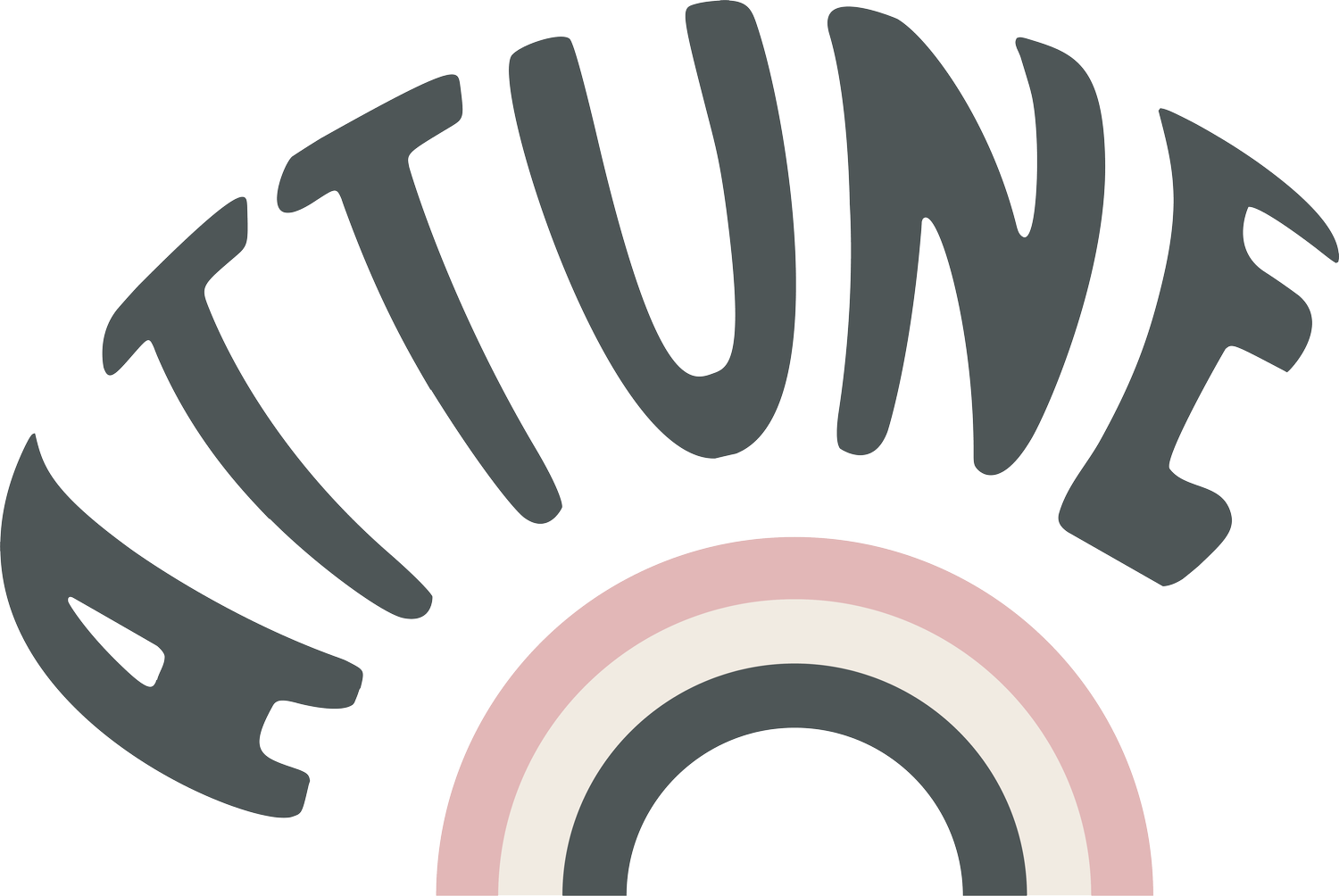What is Validating Voices?
A resource for public sector settings working with young people aged 12-24y to help professionals have more helpful and validating everyday conversations with young people who have had Adverse Childhood Experiences.
It is a set of co-created physical resources and online support. It helps professionals and young people explore together the importance of validating conversations and how they could happen more often in public sector settings like yours.
It was created
with 20 young people aged 13-22 years and and 17 professionals
from public sector settings
who came together over 9 workshops in Leeds, Cornwall and Kent
to review the findings from Attune WP1 and WP2
to co-create action in response to those findings.
The settings who took part were: a college student support team, a charity supporting young people affected by domestic abuse, a community support organisation in a low-income area, a university student support service, a special school, a care leaver’s service and a community group supporting the LGBTQ+ community.
Co-creation workshops used creative and participatory methods to
identify the priority which a resource could focus on
determine the aims and anticipated outcomes from the resource
create and vote on prototypes likely to achieve the key aim
finalise the approach and implementation plan
Key findings from the Attune project that shaped Validating Voices
How findings from Attune relate to, and extend, knowledge of ACEs
-
ACEs can mean children receive messages that they are unimportant. Their experiences and needs may be misattributed, re-written, minimised or ignored by caregivers. Young people in Attune described this as invalidation of themselves as people separate to the caregivers and invalidation of their rights to have their own, worthy, understandable experiences of themselves and their worlds.
The 'emotional and relational poverty' (Treisman, (2021) of their childhood can mean young people grow up with difficult self-beliefs and particular relational templates.
In the Attune project, young people said they often continue to experience invalidation from adults in their lives who are in a helping role. The type of invalidation may be different to childhood, but the messages feel the same.
These 'keep the hurt going' by triggering core beliefs about oneself, other people and an unfair world.
-
Young people in Attune explained that invalidation in their lives is frequent and has many forms, including:
not being permitted to use stim tools or ear defenders (invalidation of sensory experiences and needs)
being told it's "time to move on" or people forgetting a trauma and its everyday impact (invalidation of the past affecting the present)
not being given the time to explain or not being believed (invalidation of self as worthy of respect)
having experiences or needs minimised or re-written (invalidation of feelings and needs)
not have your identity accepted, welcomed or acknowledged as influential in your experiences (invalidation of identity)
being expected to 'just get on with it' and help that doesn't help (invalidation of trust)
-
In Attune, young people said they are highly alert to continued messages of invalidation by adults in the present - and even when this happens in passing conversations with adults who are in a helping role.
Much research has already shown the hypervigilance of trauma-affected young people (eg Pearlman et al, 2008).
In Attune, young people said they look at all cues in even the most seemingly inconsequential interactions with professionals, from their body language to the words, pace and tone they use.
Very often, young people in Attune say they have experiences of not being believed and not being taken seriously by professionals. Examples included bullying being minimised, requests for changes to deadlines being seen as wanting special attention, being given flippant advice (breathe, take a walk), not being believed that they are being harassed at work...and many, many more.
Seeing or hearing messages that they are being dramatic, difficult, immature or attention-seeking immediately fire up the young person who has heard those messages so often. So do signals of being minimised, dismissed or ignored.
These responses are heard by the young person as "I do not matter. I do not make sense. I am not like other people. I need to change to be acceptable. I should not feel the way I feel or be the way I am"
-
In Attune, young people expressed their personal search to develop a more healthy self-narrative, one where they could feel self-worth, self-respect and self-understanding.
Part of this 'healing', they said, can be fertilised by repeated, restorative experiences with professionals in a helping role in their lives. They voiced clear and reasonable expectations of professionals, who they felt had the power to counter many of the negative messages they had received as children, i.e. to validate rather than invalidate them.
Such restorative experiences, they said, could come in many guises, including in an organisation's processes and practices, in how youth affirming a setting appears, and in what action a professional takes for a young person.
Yet young people in Attune said that it was how professionals engaged in everyday conversation (micro moments) with them that could have a significant restorative potential.
They said these micro exchanges mattered much, much more that professionals seem to know.
Helping professionals be consistently validating in these micro moment was a key ask of young people in Attune.
-
Most professionals working with young people are highly dedicated, responsible, empathic and want to help.
Yet many things prevent us from always responding to young people in ways that validate them, including:
having little experience of others validating them
being overworked, unsupported and stressed in their job
feeling concerned that validating a young person (e.g. by being curious about their experiences) might open 'a can of worms' that they do not feel skilled to deal with
being rushed in their role, meaning there is no real time to genuinely validate young people
being concerned that validation keeps young people focused on their burdens, rather than problem-solving
worried that the need for validation is attention-seeking in disguise, and may encourage more of this
not realising this is what the young person needs
There may be many other reasons why professionals do not validate as much as they wish.
Validating Voices aims to help professionals be more aware of how time-efficient and helpful micro validations are, and how the need for validation comes not from attention-seeking, but from a serious history of invalidation.
Attune: from invalidation to validation
Validating Voices was created as one form of support for professionals from varied settings to learn the importance of validation for young people who have lived through ACEs.
This simplified model shows the logic of how validation can be a mechanism towards more helpful experiences for young people.
Theory of Change
This image shows how we think Validating Voices can support important outcomes for young people in public sector settings. An anticipated outcome that we are investigating is a greater sense of psychological safety for the young person in the setting that has been using the resource.
The image also shows potential positive outcomes for professionals themselves. In co-design, many professionals explained that being more validating helped them to enjoy their job more, experience more relational attunement with young people and potentially reduced burnout in their role. We will be investigating these outcomes in our evaluation phase.













